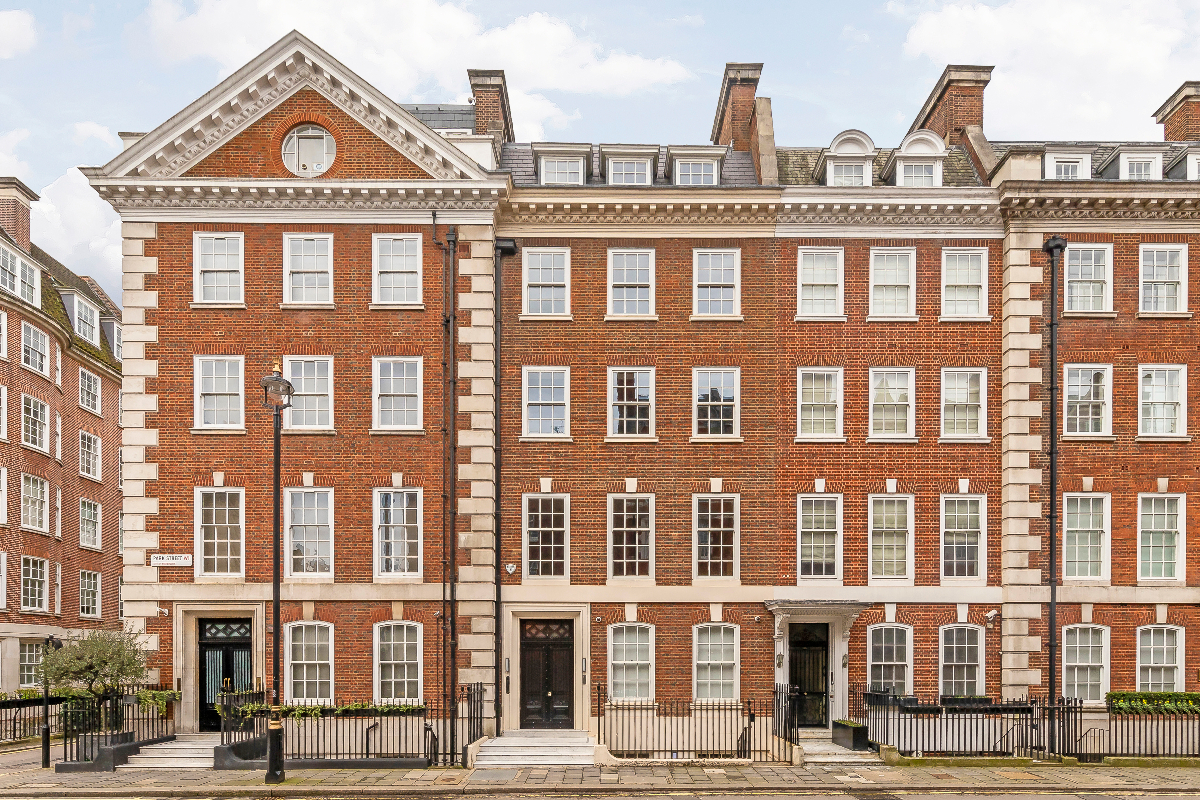Prime property in London ticks down amid Starmer ‘plans to penalise wealth’

Demand for prime property ticked down in the third quarter of the year as buyers returned to ‘wait-and-see’ mode ahead of the Autumn budget.
The prime property market has been up and down this year; buyers held back ahead of the July election but returned to the market over summer .
Now they nervously await potential tax changes in the Government’s first budget, which has been described by the Prime Minister as assigning a “heavier burden” to “the broadest shoulders.”
Demand for prime property in London fell by 2.5 per cent in the third quarter of the year, Benham Reeves said, “dampening the good mood” of earlier in the year – sales in July were at their highest on a year-to-date monthly basis, LonRes found .
However, buyers were still keen on family-friendly Hampstead in the third quarter, which recorded the strongest demand increase in the third quarter, rising by a further four per cent to sit at 19.6 per cent.
“Keir Starmer’s promises to target wealth as a way of increasing funding for public services is likely a major reason for a decline in demand in London’s prime market,” Director of Benham and Reeves, Marc von Grundherr said.
“Labour plans to penalise wealth through things like a hike in Capital Gains Tax and an overhaul of Inheritance Tax legislation, both of which are major considerations for wealthy property buyers looking to spend multi millions on a home.
“[But] there remains uncertainty around the exact scale of Labour’s changes, so it’ll be interesting to observe prime demand after the government’s full hand is revealed.”
According to a report from real estate company Knight Frank, there were 22 per cent fewer sales above £10 million in the 12 months to July, and super prime sales volume in London – properties above £30m – halved.
Will an exodus of non-doms hit the market?
If, as has been suggested by some commentators, the UK’s millionaires do indeed follow through on highly-publicised threats to leave the country, it will create ripple effects in the prime market.
While the situation remains uncertain – for UK-based wealthy families, in particular, selling up a home and moving countries for tax reasons is easier said than done – an exodus would naturally reduce demand and increase supply.
If a glut of properties enter the market once people sell up and head to Dubai (or Italy, or Switzerland) it will “soften prices for these properties and inevitably, in due course, ripple down the market,” co-founding director of Aston Chase, the high-end North London estate agent, Mark Pollack, has told City A.M .
Equally, fewer millionaires in the country means fewer buyers, which will also contribute to lower prices.
Uncertainty ahead (for certain)
But prices began to soften even before the election was called, and before Jeremy Hunt first announced non-dom changes in March.
In January, sold properties across the city’s best districts fell below 90 per cent of their asking prices for the first time since early 2019, according to LonRes.
On the other side of the equation, changes to planning laws made by Westminster Council could see the current boom in super-prime developments there shut off and bring a scarcity value to expensive central pads in the next few years.
It remains to be seen whether this potential change in supply is enough to counteract demand pressures – there are analysts on both sides of the argument. Some have said that the changes will, overall, have a minimal effect on the London housing market .
Pollack was ultimately still optimistic about the London market in the long term, despite the awkwardness in the market, telling City AM : “Despite lots of extremely serious issues and concerns, the UK still represents a safe haven and stable environment compared to many other countries around the world.”
